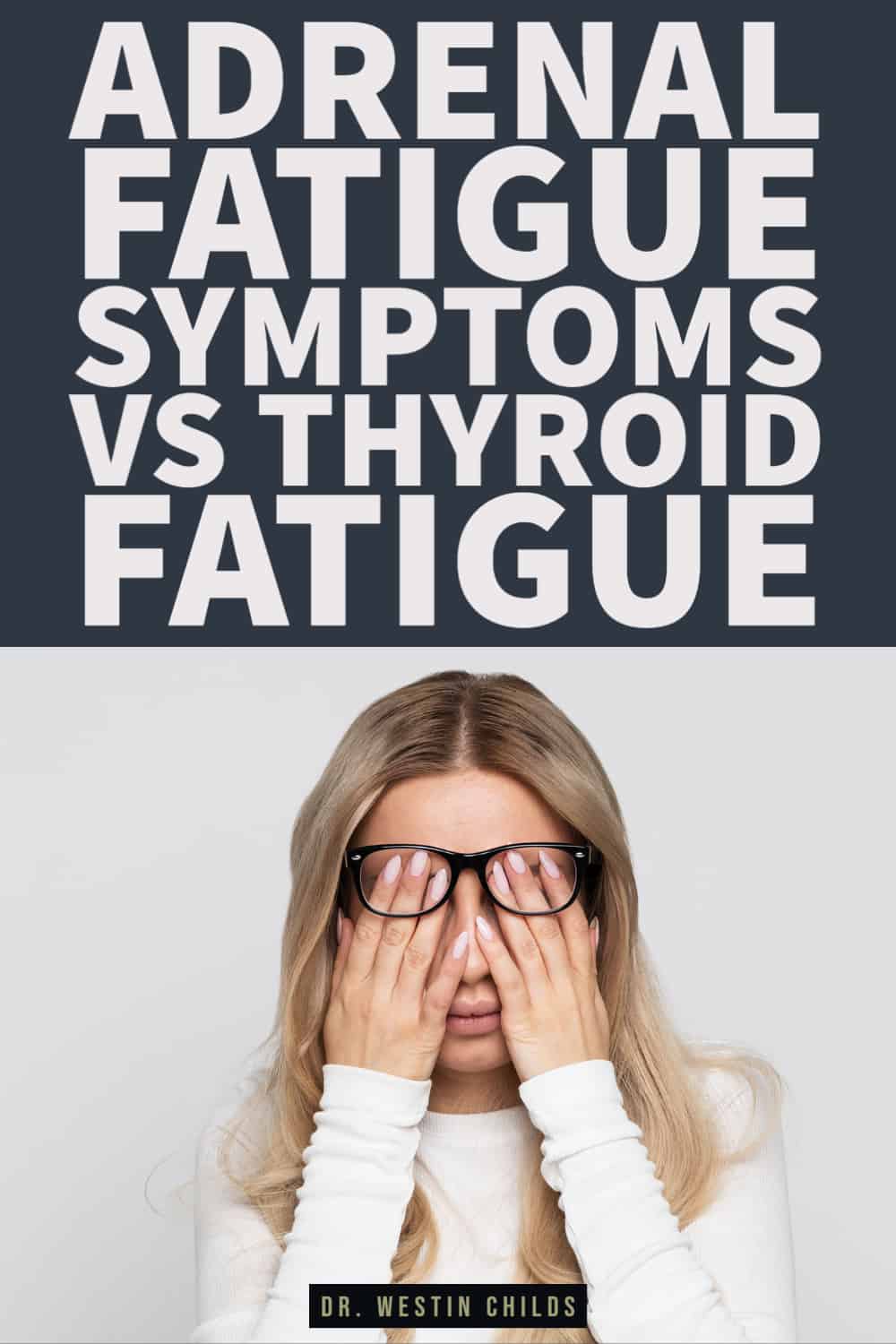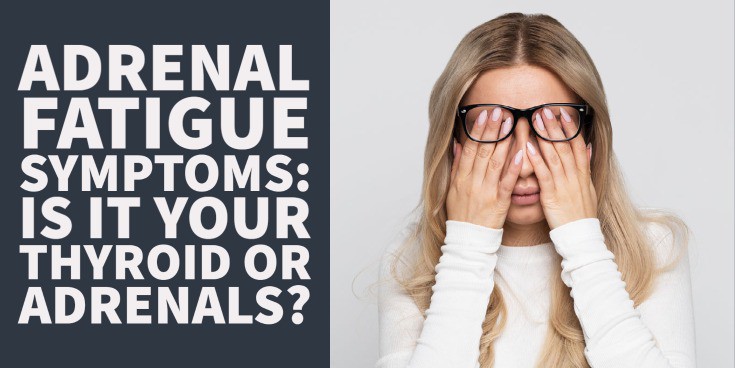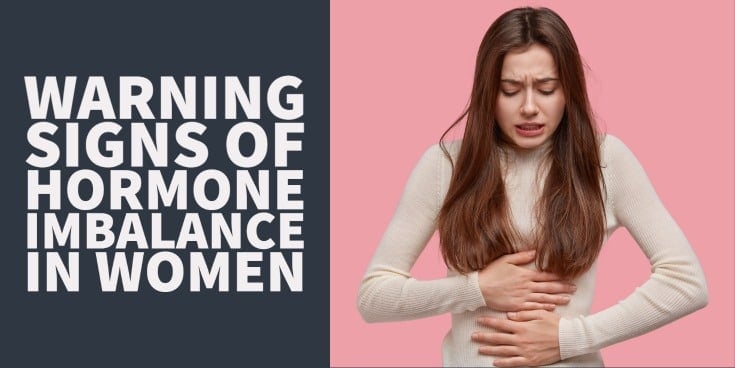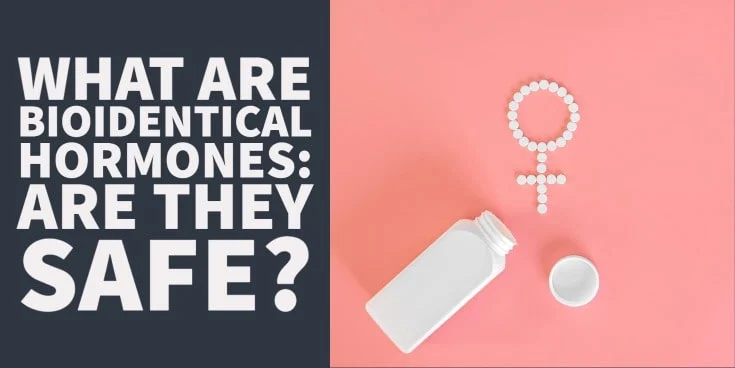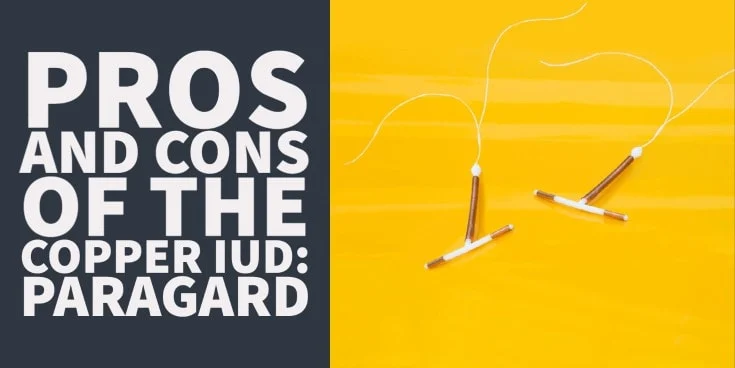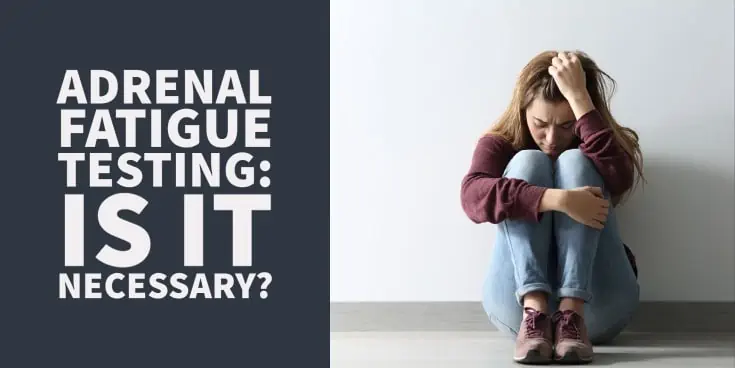What is Adrenal Fatigue?
Adrenal fatigue is probably one of the most underappreciated and misdiagnosed conditions out there (next to the thyroid, of course!).
The reason for this is simple:
Most doctors don’t even believe that adrenal fatigue exists (1) as a medical condition or diagnosis.
So if you want to actually be diagnosed and treated for this condition then you pretty much have to seek out the help of an integrative/holistic/alternative medicine physician.
I’m not going to get into whether or not adrenal fatigue exists, because it’s fairly obvious to anyone who suffers from the symptoms that it is indeed a REAL entity.
But I do want to focus on something which I believe is more important:
The connection between both your adrenal glands AND your thyroid.
These two systems are linked in such a way that if you have problems in one you will necessarily have problems in another.
What this means for you is that it’s unlikely that you JUST have an adrenal problem or that you JUST have a thyroid problem.
Understanding this connection is so important because you must treat BOTH conditions if you want to feel better!
Focusing on one over the other is important but it won’t lead to lasting improvement.
So, with that in mind, let’s talk more about the symptoms of these two conditions, where the symptoms overlap, and how to determine if it’s your adrenal glands causing your issues or your thyroid…
DOWNLOAD FREE RESOURCES
Foods to Avoid if you Have Thyroid Problems:
I’ve found that these 10 foods cause the most problems for thyroid patients. Learn which foods you should avoid if you have thyroid disease of any type.
The Complete List of Thyroid Lab tests:
The list includes optimal ranges, normal ranges, and the complete list of tests you need to diagnose and manage thyroid disease correctly!
Adrenal Fatigue Symptom List
One of the easiest and most effective ways of diagnosing adrenal fatigue is by simply paying attention to your symptoms.
We will brush up on how to test for adrenal fatigue in a moment (and why it’s important but not always necessary) but what you HAVE to know are the symptoms associated with this condition.
Common symptoms of adrenal fatigue include:
- Fatigue! – This is the #1 symptom and something that all adrenal fatigue patients suffer from. This fatigue is more than your run-of-the-mill fatigue as it is debilitating. The degree of how debilitating it is depends on how advanced your condition is. If left untreated this fatigue will continue to get worse and worse.
- The sensation of feeling wired but tired – does it feel like you NEED to sleep but you are having trouble relaxing or turning off your brain when it comes down to it?
- Weight gain – The weight gain associated with adrenal fatigue is typically found in the abdomen/stomach/belly area. If you have isolated fat in your belly then that is a tell-tale sign of adrenal fatigue.
- Cravings for sugary foods and carbohydrates – People with adrenal fatigue often have cravings for carbohydrates and salty foods. Carbohydrates help provide the body with the sugar and energy it needs and salt is actually a therapeutic ingredient to fix your adrenals (which is why you are craving it!).
- Reliance upon caffeine for energy – If you find that you simply cannot function in the morning without a cup of coffee or some type of energy drink then that is a problem. People with adrenal fatigue often rely upon caffeine to get them up and going throughout the day.
- Inability to “wind down” or relax your brain at night – When you lay down at night to go to sleep do you have trouble shutting off your brain and falling asleep even though you are incredibly tired and fatigued?
- Insomnia – Many (but not all) patients with adrenal fatigue often have trouble falling asleep or staying asleep. This often manifests as difficulty in falling asleep and getting into deep REM sleep throughout the night.
- Low thyroid symptoms (more on that below) – There is often an overlap between adrenal fatigue symptoms and low thyroid symptoms.
- Anxiety (but sometimes depression) – Anxiety is a common symptom of adrenal fatigue but some people can experience depression as well or both depression and anxiety.
- Weakened immune system – Are you catching every cold that you come into contact with? Cortisol and adrenal problems weaken your immune system and make you more susceptible to infections and illnesses.
- Decreased sex drive and libido – Is your sex drive lower than it should be? Constant stress and cortisol problems lead to reduced sex drive.
- Inability to handle stress – Do you feel like your body is going to break if you add just one more thing to your plate, big or small? People with adrenal fatigue often have a hard time handling stressful situations because their body is at capacity.
If you have 2-3 of the symptoms above then you have a moderate chance of having adrenal fatigue.
If you have 4+ of the symptoms above you have a high chance of having adrenal fatigue.
If you have 6+ of the symptoms above then you likely have both adrenal fatigue and thyroid problems.
Remember:
Adrenal fatigue will continue to get worse unless you address the cause which is usually related to stress, sleep, diet, work, and your social life.
I should also point out that there are different variations or “flavors” of adrenal fatigue that you can have.
You can experience low-energy adrenal fatigue (fatigue predominant), wired but tired (high-energy adrenal fatigue), and more.
These are all variations of the same condition but they are important because they may be treated differently.
How do the symptoms of adrenal fatigue compare to those of low thyroid function?
Low Thyroid Symptom List
Hypothyroidism is probably just as common, if not more common, than adrenal problems.
And people who suffer from thyroid problems tend to have a very difficult time getting diagnosed just like those who have adrenal fatigue.
Your thyroid gland is arguably a more important hormone gland when compared to your adrenals simply because it impacts more systems and organs in the body.
Because of this, the symptoms of low thyroid function are widespread and diverse.
Let’s take a look at the common symptoms of hypothyroidism:
- Fatigue – The fatigue in hypothyroidism is similar to that of adrenal fatigue. Much like adrenal-related fatigue, thyroid fatigue will not improve unless treated.
- Cold intolerance – Your thyroid regulates your body temperature so low thyroid function leads to a colder body temperature.
- Depression (sometimes anxiety) – Low thyroid tends to cause depression more than anxiety but you can get either or both.
- Brain fog – Do you feel like your brain is in a fog? That it’s hard to remember your thoughts clearly? If so, this may be from a symptom known as brain fog.
- Weight gain – The weight gain seen in hypothyroidism tends to be throughout the whole body and not isolated to just your abdomen like adrenal fatigue.
- Joint pain and muscle pain
- Dry skin
- Constipation – Low thyroid slows down the transit time of your bowel movements and leads to constipation.
- Infertility – Hypothyroidism is notorious for causing infertility because of its impact on progesterone and estrogen.
- Decreased sex drive and low libido – Much like adrenal fatigue low thyroid can also lead to decreased sex drive.
While there are many similarities between adrenal fatigue and hypothyroidism, you should also see some noticeable differences as well.
These differences are important because they can help you differentiate between the conditions based solely on your symptoms.
This isn’t always possible, of course, but it can be which is why you need to be aware of both sets of symptoms.
Some of the most notable differences between low thyroid function and adrenal fatigue include the type of weight gain that you can experience in both, the changes to your bowel movements, and the changes to your skin.
You really shouldn’t see constipation and dry skin from isolated adrenal and cortisol problems so if you have these it may mean that your problems are more thyroid related than adrenal-related.
The Connection Between your Thyroid and your Adrenal Glands
As I mentioned previously, both of these hormone systems are linked to one another.
Let’s walk through a scenario to help explain this…
Let’s imagine that your PRIMARY issue is your thyroid.
Because of this, you are experiencing weight gain, fatigue, cold intolerance, and dry skin.
You get placed on thyroid medication such as levothyroxine but you still remain symptomatic.
After a while you start to notice more weight gain, you are now more fatigued than you were before but in addition, you are also experiencing problems sleeping at night, cravings for sugars and sweets, and you need coffee every morning to get going.

What happened here and why did your symptoms change?
This is a pretty classic presentation for someone who starts with thyroid disease and because of a lack of treatment ultimately develops adrenal fatigue.
So now this person has two problems instead of the original one.
And this sort of thing happens to MANY patients who start with either thyroid problems or adrenal problems.
In the real world, your symptoms are not going to be as clear-cut as the list above.
Instead, you will probably see a combination of both sets, and those symptoms may change and evolve over time.
Why does this happen?
Because your thyroid function and adrenal function are linked together.
We know from studies that your TSH can impact your cortisol and your cortisol can impact your TSH (2).
Your cortisol level, for those who don’t know, can be used as a metric for adrenal function because it’s one of the main hormones that your adrenals produce.
Testing for Adrenal Problems
If you have any of the symptoms listed above then your next step should be getting tested and evaluated!
Ideally, you’d want to check for BOTH adrenal problems and thyroid problems at the same time.
I regularly order both cortisol and thyroid lab tests on every patient that I see even if they don’t have obvious symptoms of either condition.
It’s not only a good idea to evaluate these systems in every patient, even if they are normal they can provide you with a good baseline.
Because your “normal” status right now may not be true in the next 1-2 years and it’s good to have that information on record.
So how do you test your adrenals?
There are many ways to test your adrenals but I personally recommend starting with a serum cortisol level.
I’ve written about other ways to test for cortisol including urinary cortisol and salivary cortisol in the past, but I find serum cortisol to be the cheapest and quickest way to evaluate adrenal status in the body.
Testing for Thyroid Problems
Testing for your thyroid is a little bit tricky and really requires that you have a physician who is on board with you.
Most doctors want to look only at a test called the TSH (thyroid stimulating hormone) which is not a reliable marker of thyroid status.
Instead, to get a complete picture, you want to get the following lab tests:
- TSH
- Free T3
- Free T4
- Reverse T3
- *Optional: Thyroid antibodies
These tests will help you evaluate thyroid function, thyroid hormone production, and thyroid conversion.
All of these are necessary if you want to understand what is happening in your body.
You can snag all of these blood tests at the same time as your serum cortisol.
Treating Both Simultaneously is the Best Approach
What about treatment?
It’s important to understand that if you have both thyroid and adrenal problems you should be addressing BOTH at the same time.
If you opt to only treat one over the other then the one that you neglect will continue to stay around and may get worse.
And just because you are treating one doesn’t mean that you will treat the other.
Taking thyroid hormone, for instance, may help improve your thyroid but it won’t treat your adrenal glands.
Likewise, taking adrenal adaptogens or adrenal glandulars to help support your adrenals may help improve your energy but it won’t be enough to heal or reverse thyroid damage.
Both organs and tissues are considered hormone glands but they each respond to DIFFERENT therapies.
Conclusion
If you are experiencing symptoms of adrenal fatigue then your next step should be to determine whether those symptoms are truly adrenal-related or if they are thyroid-related.
You can do this by evaluating your symptoms.
How are you feeling? Do your symptoms match those found more in the adrenal column or the thyroid column?
This is where you START.
If your symptoms are not clear cut then your next step will be to get blood work.
Your blood work will really help you determine what your main problem is and give you guidance on how to address that problem.
If you do find that you have an adrenal problem or a thyroid problem (by blood testing or by symptom assessment) then my recommendation is to treat BOTH.
Treating both, with the use of supplements, diet, stress reduction, and so on, will help get you the BEST results possible and help you get back to normal.
Now I want to hear from you:
Do your symptoms fall more in line with adrenal fatigue?
Do they fall more in line with low thyroid function?
Or do you have a combination of both?
Have you been tested for either? Why or why not?
Leave your comments or questions below!
Scientific References
#1. https://www.ncbi.nlm.nih.gov/pmc/articles/PMC4997656/
#2. https://www.ncbi.nlm.nih.gov/pmc/articles/PMC3520819/
